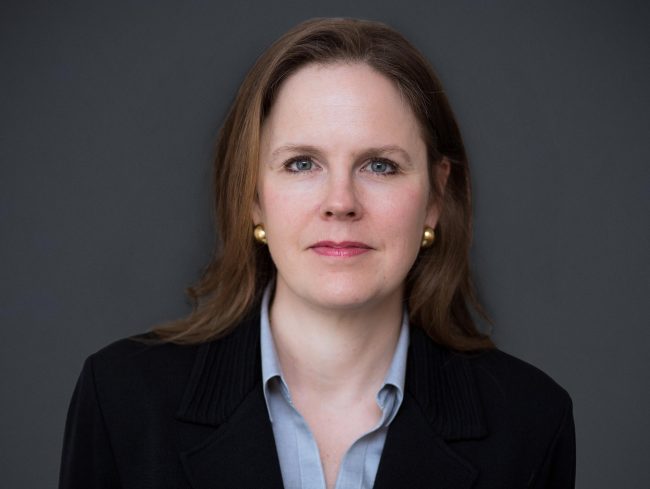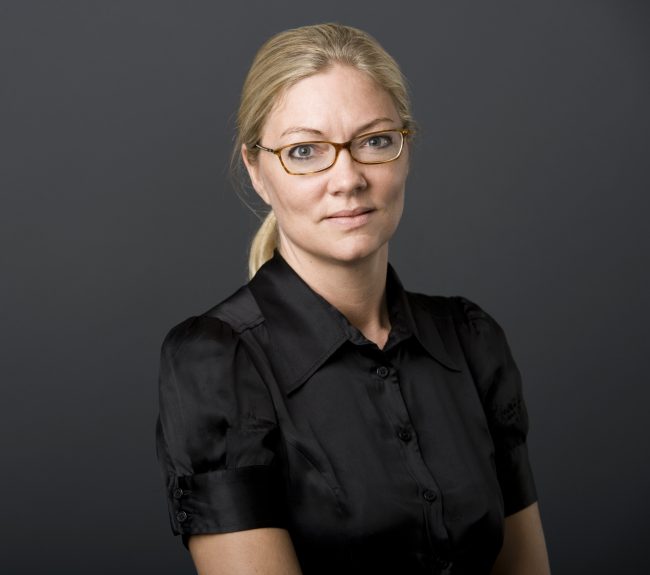Part 1 of the Building Law Reports covers the following key judgments:
- Halliburton Company v Chubb Bermuda Insurance Ltd [2020] UKSC 48
- Maeda Kensetsu Kogyo Kabushiki Kaisha (Also Known as Maeda Corporation) and Another v Bauer Hong Kong Ltd [2020] HKCA 830
- Huber and Another v X-Yachts (GB) Ltd and Another [2020] EWHC 3082 (TCC)
- Neology UK Ltd v The Council of City of Newcastle upon Tyne [2020] EWHC 2958 (TCC)
- Blackpool Borough Council v Volkerfitzpatrick Ltd [2020] EWHC 2128 (TCC)
Introduction to the Building Law Reports Part 1 [2021]
In this issue we report three first instance decisions from the TCC (although only two of those are from the TCC in London), one Supreme Court decision and one case from the Hong Kong Court of Appeals.
The long-awaited decision from the Supreme Court addressing the issue of ostensible bias and impartiality was handed down in Halliburton Company v Chubb Bermuda Insurance Ltd [2020] UKSC 48. This is an important decision for arbitration generally and arbitrators specifically about the need for disclosure of anything which might cause concerns about impartiality. Although this was an insurance claim relating to the Deepwater Horizon explosion, the ramifications extend to construction arbitrations. Impartiality is a cardinal duty of arbitrators, adjudicators and judges and the objective test for that is “the fair-minded and informed observer”. The Supreme Court’s decision acknowledged that an arbitrator should and indeed had a duty to disclose as early as reasonably practicable any “previous activity or association which would or might provide a basis for a reasonable apprehension of lack of impartiality”. This is judged at the time of the hearing of the application brought by one party.
The Hong Kong case is from the Hong Kong Court of Appeal, Maeda Kensetsu Kogyo Kabushiki Kaisha (Also Known as Maeda Corporation) and Another v Bauer Hong Kong Ltd [2020] HKCA 830. The two plaintiffs were a joint venture (“JV”) and had challenged an arbitral award by Sir Vivian Ramsey (a former judge in charge of the TCC in London). The JV entered into subcontracts with Bauer for the excavation for and installation of diaphragm wall works for each of two contracts concerning the construction of tunnels for the Hong Kong to Guangzhou Express Rail Link. The judge at first instance, M Chan J, allowed an appeal by the JV against the award of the arbitrator, under the Arbitration Ordinance on a point of law concerning conditions precedent. She held that Bauer had failed to give the necessary notice and that the arbitrator’s decision on this point was wrong. The Court of Appeal unanimously upheld her judgment and the appeal by Bauer was dismissed.
We then turn to the first-instance domestic cases. In Huber and Another v X-Yachts (GB) Ltd and Another [2020] EWHC 3082 (TCC), the first of two decisions by Kerr J in this issue, the claimants brought proceedings for defects arising out of the sale to them of the Silver X. The judge had to consider the arrangements for the trial in the light of the Covid-19 pandemic in a truly international case. The two claimants, who are husband and wife, were in Mallorca. The defendants’ witnesses of fact were based in Haderslev, Denmark, and on the Hamble, Southampton. There were a number of experts all based in England, although the yacht had been inspected in France. The judge had to consider how to conduct the trial and in particular section 85A(1) of the Courts Act 2003 (added by section 55 of and schedule 25 to the Coronavirus Act 2020).
In Neology UK Ltd v The Council of City of Newcastle upon Tyne [2020] EWHC 2958 (TCC) Kerr J considered the procurement of automatic number plate recognition systems and an application to set aside the automatic stay. He found that damages were an adequate remedy and lifted the stay, but also made clear that even had he found to the contrary so far as damages were concerned, he would still have lifted the stay due to the public interest.
Finally, in Blackpool Borough Council v Volkerfitzpatrick Ltd [2020] EWHC 2128 (TCC) HHJ Stephen Davies, sitting in the Manchester District Registry, continued his resolution of the wide-ranging disputes arising out of the construction of the tram depot in Blackpool. In considering a very complex series of offers, and in litigation including a large number of other parties, the judge decided that: (1) the defendant should pay 80 per cent of the claimant’s costs of the action up to and including 5 September 2019; (2) the claimant should pay 80 per cent of the defendant’s costs of the action, including the additional claims against Caunton and RPS (the 5th and 4th parties, respectively) in relation to the cold formed components claim, thereafter; and (3) the defendant should pay Caunton’s costs of the additional claim up to and including 5 September 2019 and the claimant should pay Caunton’s costs of the additional claim thereafter 5 September 2019 which was 21 days after the defendant had made a formal Part 36 offer to the claimant.
About the Building Law Reports
Edited by members and former members of Atkin Chambers, the Building Law Reports are essential reading for legal professionals, construction industry professionals, law libraries and universities. Each report provides expert commentary on key judgments from the editors, including the substance of a case and its implications on past and future decisions.
Described as “the most established and authoritative construction law reports available”, they provide comprehensive coverage from the Technology and Construction Court, Court of Appeal, Supreme Court and other relevant jurisdictions worldwide, including Hong Kong, Australia and Singapore.
Consulting Editor: The Honourable Mr Justice Fraser
General Editors: Sir Robert Akenhead, Chantal-Aimée Doerries QC, Dominique Rawley QC, Marc Lixenberg, Omar Eljadi and Felicity Dynes.











